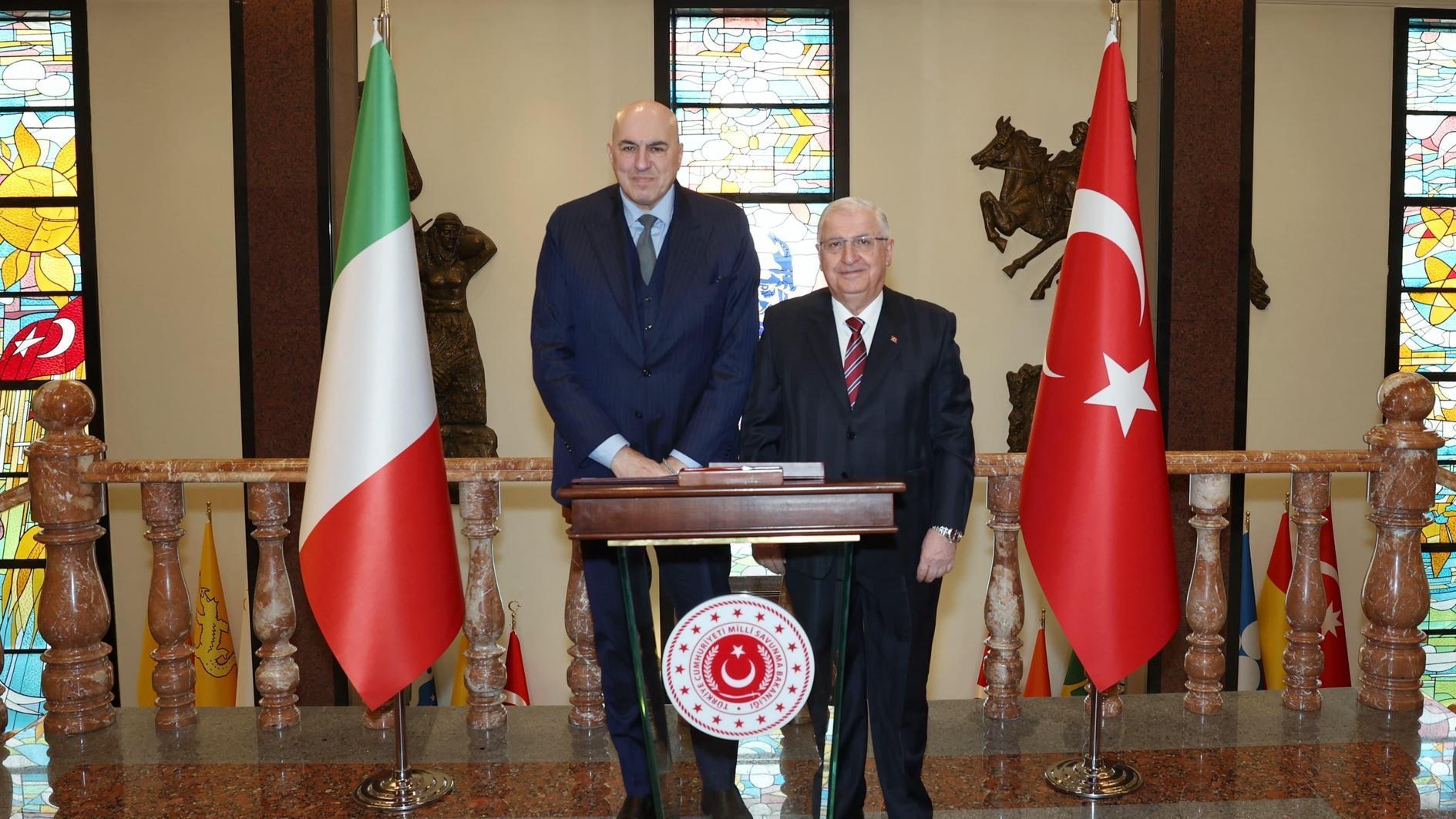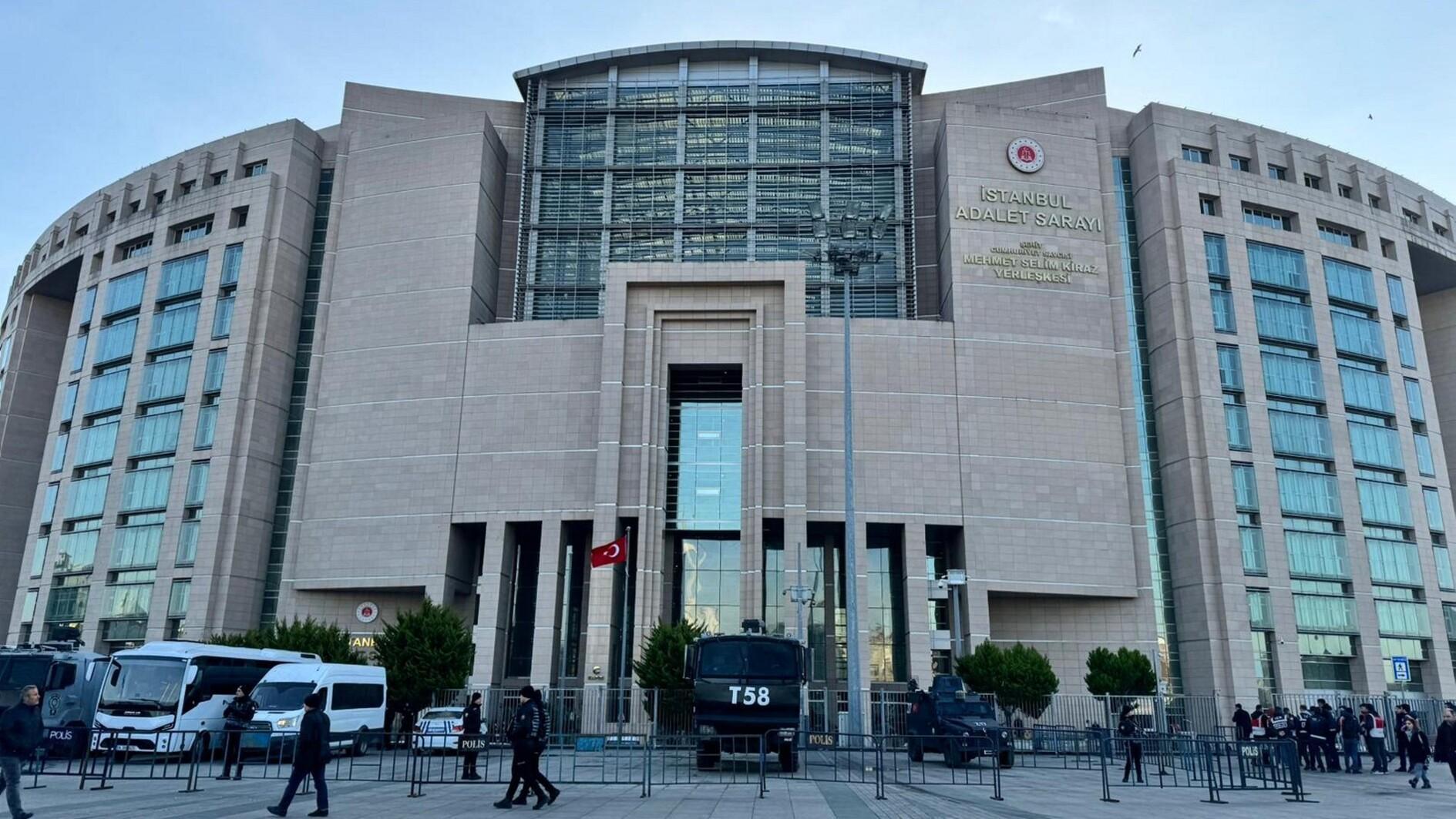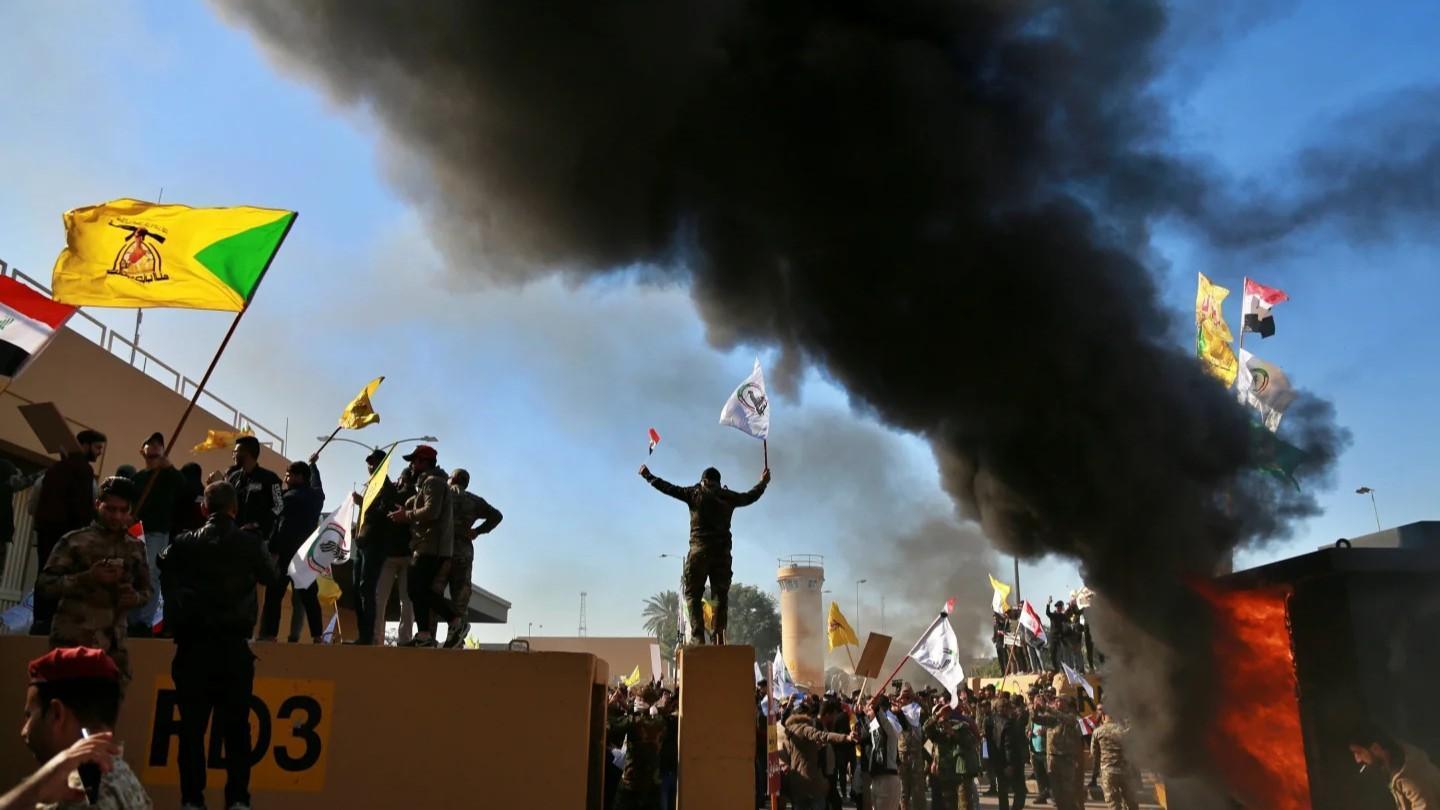EBRD to give bulk of migrant funding to Turkey, Jordan
LONDON - Reuters

Young Syrian refugees play in the Zaatari Refugee Camp, near the city of Mafraq, Jordan, Sunday, Nov. 29, 2015. AP Photo
The European Bank for Reconstruction and Development (EBRD) is to give at least 500 million euros (dollars), the vast majority of its funding to help Syrian migrants, to Turkey and Jordan to improve the water, waste and transport systems.The development bank’s acting chief economist Hans Peter Lankes told Reuters that the EBRD hoped the money would provide longer-term help for towns that are overwhelmed by the influx of refugees as well as easing tensions with locals and ultimately cutting numbers heading for Europe.
“What we have identified in south eastern Turkey is a number of municipalities that have very large refugee numbers. They are strained and there is a similar situation in northern Jordan,” Lankes said.
“There is a range of things we can do. We can support municipal services, water supply, urban transport for example because they have twice the number of users now,” he said.
The bank had so far identified around 200 million euros ($217.04 million) worth of related infrastructure projects in both Turkey and Jordan over the next two years, plus at least another 100 million for supporting businesses in the areas.
The EBRD might also send funds to Lebanon if, as expected, it becomes an EBRD recipient country next year.
One issue for the bank though is that it is supposed to provide money on a commercial basis but in this case, because of the urgency of the Syria crisis, the cash will be closer to aid funding, Lankes said.
That means it will need “donor partners”, the EU or individual countries such as Britain, Sweden or the United States, who would be willing to cover at least a portion of the losses it is likely to make on the projects, he said.
“This is just an initial set of opportunities and it could all be scaled up if it works,” Lankes said.
“The assumption is that this (refugee crisis) is a problem that is going to be lasting, so there’s a long-term dimension before people might move back.”
While the EBRD would be focusing on the frontline of crisis, it would not be providing extra money to countries further up on the refugee transit route - Hungary, Slovenia and Slovakia.
Those countries have to pay for extra border security, temporary accommodation and other facilities, and some, including Hungary, have angered other parts of Europe by refusing to take in a proportional share of refugees.
“That (region) is not an area where we think we can make a difference,” Lankes said.
But the bank is looking at extending funding to countries such as Albania, Kosovo and Macedonia that are also seeing large numbers of people leave for wealthier parts of Europe.
“The other category is the western Balkans. You have very significant numbers, Albanians and Kosovans representing about a quarter of the total (number of refugees) registered in German as of mid-October.”
“If we follow the EU plans many of them will be sent back ... we see it as any issue of jobs creation especially in the countryside and the small towns so we are looking to scale up our efforts there,” he said.
















